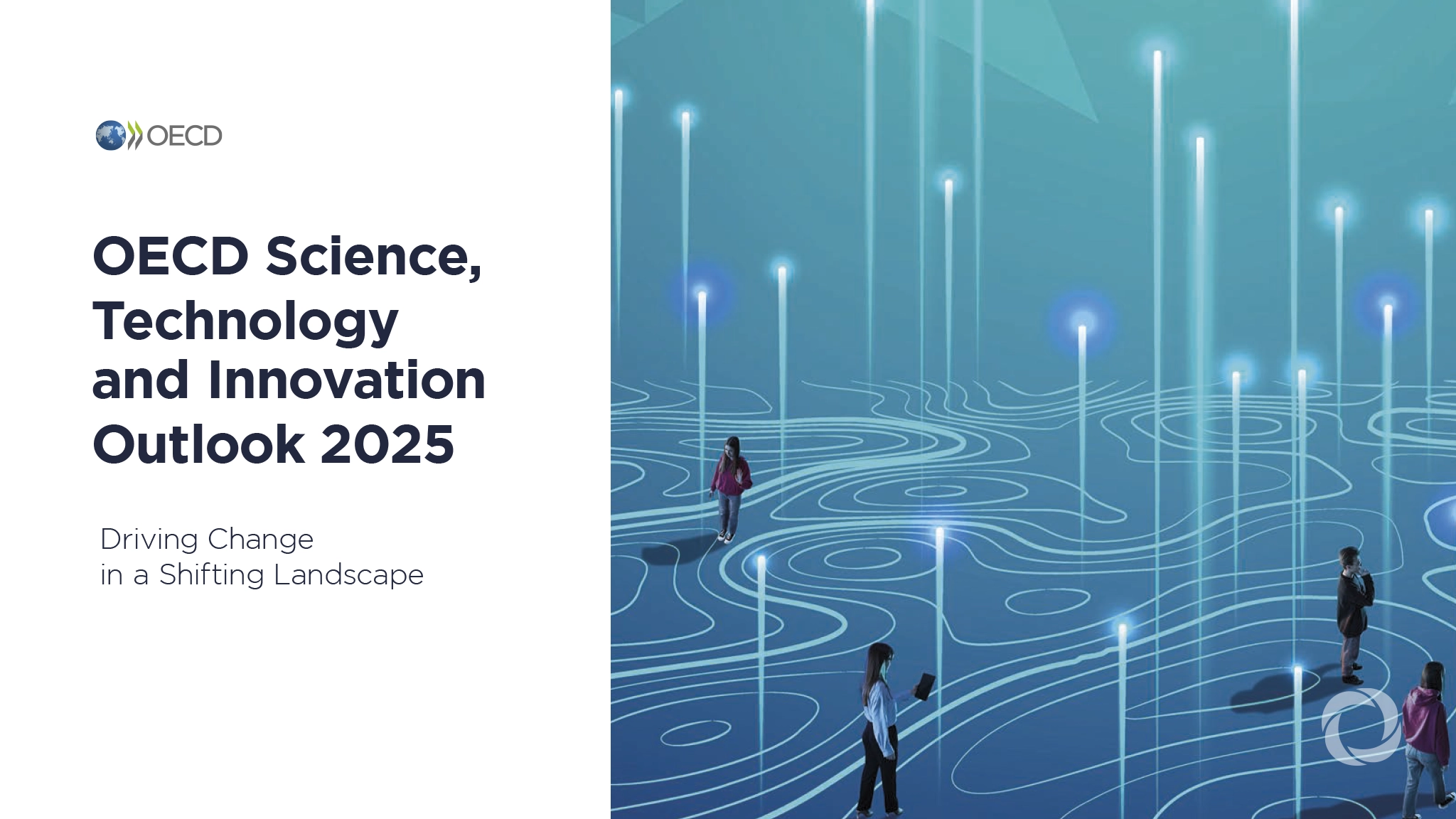Science and technology policies need a rethink as governments face growing resource limits, rapid tech change, and rising geopolitical tensions, the Organisation for Economic Co-operation and Development (OECD) says in its new Science, Technology and Innovation Outlook 2025. The report reviews policy trends across OECD countries and major partner economies at a moment when countries are under pressure to tackle multiple priorities at once.
The Outlook argues governments need to make their science and technology policies work harder and smarter. That means finding ways different goals can support each other, using complementary policy tools, getting government departments to cooperate better, and creating public-private funding models that bring in more resources.
One big theme is how countries can keep scientific cooperation alive in an increasingly divided world. The report explores how nations can maintain the openness that drives scientific progress while also protecting economic security concerns. Science systems themselves need updating—with new institutional setups, skills, and incentives—if they’re going to contribute to real change through more multi-disciplinary work.
The Outlook also looks at how technologies like artificial intelligence, biotechnology, and quantum computing are converging and reshaping how innovation happens. These shifts demand new types of policy support. The report highlights how more detailed approaches that understand industrial structures and track policy impacts can bring diverse actors together around shared missions.
Governments also need better capacity for foresight, policy experimentation, and strategic intelligence to stay flexible when facing uncertainty. The report says science and technology policy has reached a turning point. How well governments can use science, technology, and innovation to drive transformation—while dealing with geopolitical pressures and fast-moving tech shifts—will shape what comes next.

